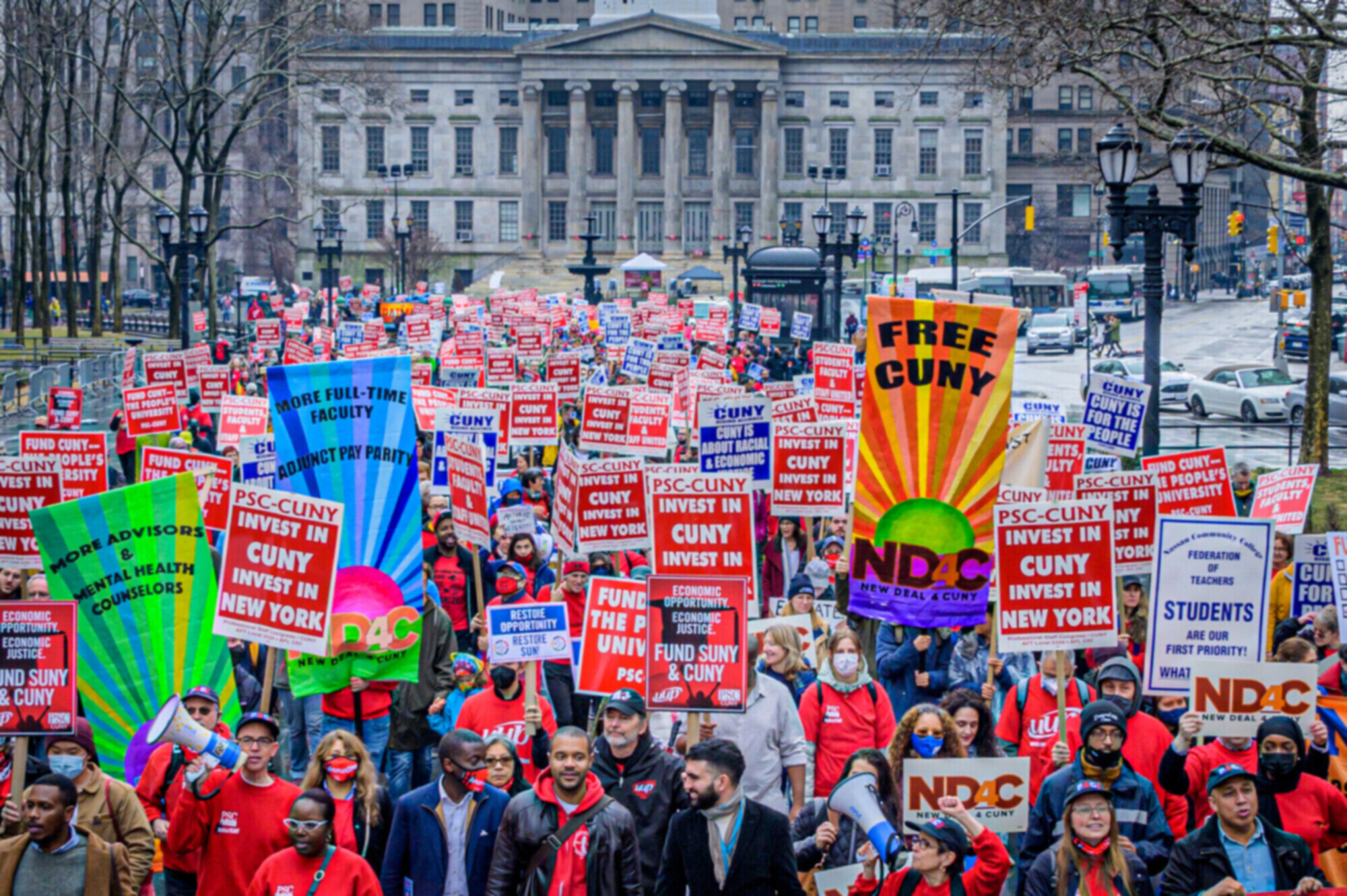I come from a family of self-made women and men. My mother’s roots are in the countryside of northern Mexico while my father comes from the gritty streets of Mexico City. His last job in Mexico City as a taxi driver and the series of jobs he took in the US – working the lettuce and poinsettia fields, washing dishes, assembling golf clubs and fixing cars – taught me that all work is valuable even if it is not well-paid.
WORKING WOMEN
Today, I work as a special projects coordinator at CUNY’s Murphy Institute for Worker Education and Labor Studies, where I assist in developing new academic programs and partnerships for working adult students. Because of my experiences growing up, I bring immigrant issues to the forefront of the work we do. I participated in the United Farm Workers boycott campaign against strawberry growers as a college activist – but working at CUNY is the first time I have been a member of a union. So when I was offered the chance to attend the 35th Annual Northeast Regional Summer School for Union Women last July, I jumped at the opportunity.
The summer school brought together over 100 rank-and-file women workers, union officers and staff to strengthen their knowledge of the labor movement and develop the skills to become more active and influential in their unions. Women make up approximately 45% of the unionized work force, but men still dominate the upper ranks of union leadership.
During our five days together on the Penn State campus, we heard from guest speakers and were given the chance to participate in workshops on collective bargaining, coalition building, public speaking, increasing rank-and-file participation, news writing, interviewing for radio, use of social media, labor law and the impact of the economic crisis on women.
In the collective bargaining workshop, I experienced what it’s like for union representatives and management to sit face-to-face – it’s a high-stakes situation. You have to know what your bottom line is and what you are willing to negotiate on. As part of the workshop, we divided into management and union teams, each taking our role very seriously in a mock collective bargaining session. I now have a deeper appreciation for each of the stipulations in our contract, such as having a right to union representation in disciplinary proceedings and investigations.
In the Radio Waves media workshop, we took turns interviewing each other. In the process, we learned basic production skills as well as how a good interview can use storytelling as a powerful tool that makes people feel connected.
GENERATIONAL DIVERSITY
We also explored how women can form cross-generational alliances to challenge the deeply hierarchical workings of unions. A presentation on generational diversity in the workplace highlighted the challenges unions face in staying relevant to younger workers, but unfortunately it focused on generational experiences more common to the white middle class than those of working-class people of color. Nonetheless, this got me thinking about how several generations striving together in the workplace can be a powerful force for change.
LABOR LEGACY
I met veteran labor activists like Ida Torres, President of Retail, Wholesale and Department Store Union (RWDSU) Local 3 here in New York, and Lois Gray, a long-time faculty member at Cornell University. I was inspired by their fierceness and lifelong passion and commitment to empowering women in leadership and education. With fewer younger workers having experience with unions, forging these cross-generational ties can help cultivate future women leaders.
Passing on the legacy of the struggle of women workers is a core mission of the Summer School for Union Women. Labor History Night featured stories of famous women like Sojourner Truth, Mother Jones, Dolores Huerta, as well as the not-so-famous, who have overcome great challenges both at home and in the workplace and who have labored to make our society a better place.
When I was asked to present a story about a woman who had fought for worker rights, I told the story of my mother and countless women like her who care for the elderly, yet don’t have a union contract to rely on and must bear exploitative working conditions if they want to hold on to their jobs. Retelling my mother’s story helped me realize what may have been the most important lesson of that week: solidarity means solidarity with all workers, regardless of their skill, trade, where they are in the world, what documents they carry or what language they speak.
______________________________
This year’s Northeast Regional Summer School for Union Women will be held at Rutgers University from July 17-22. Several women from the PSC attend the school each summer.

